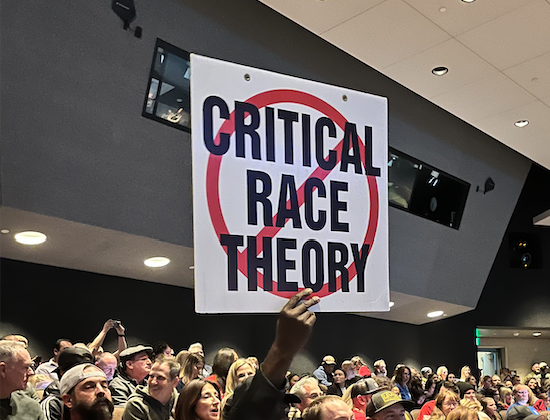A New Hampshire federal judge made history on May 28 by ruling that banning the teaching of critical race theory (CRT) and other “divisive concepts” in schools is unconstitutional. The ruling came in response to a legal challenge by the American Federation of Teachers (AFT) and the National Education Association (NEA), two of the largest teachers unions in the US.
The judge, Paul Barbadoro, noted that the ban was based on legislation stemming from former President Donald Trump’s executive order, which was later revoked by President Joe Biden. Barbadoro found the law banning the teachings to be “fatally vague” and based on the personal opinions of New Hampshire Education Commissioner Frank Edelblut.
The ruling stated that the ban violated the Fourteenth Amendment’s Due Process Clause by leaving teachers open to punishment without clear guidelines. The court concluded that the law was a “viewpoint-based restriction on speech” and lacked sufficient standards for enforcement.
In response to the ruling, AFT President Randi Weingarten praised the decision, stating that anti-divisive concepts legislation was intentionally vague to target well-intentioned teachers. The ACLU of New Hampshire also hailed the ruling as a victory for academic freedom and inclusive education.
The controversy surrounding the ban intensified when the conservative group Moms For Liberty offered a reward for anyone proving a violation of the new law. The law, initiated by House Bill 544, prohibited the teaching of certain concepts in public schools, including those related to sex, gender identity, race, and religion.
Overall, the ruling has significant implications for similar laws across the country and marks a milestone in the ongoing debate over the teaching of critical race theory in schools. Please rewrite this sentence.
Source link





